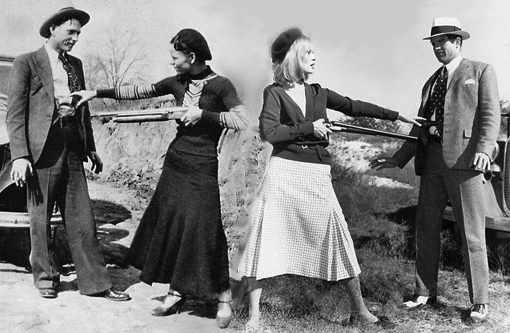O the cuckoo she's a pretty bird
Like lanes of Queen Anne's lace.
She singeth as she flies
At summer's moving pace.
Beneath the high-builded clouds
Like hedges snowlike strewn,
She bringeth good tidings
Of young-leafed June.
She telleth no lies
For to keep her voice clear:
"Long,long the death
Of the summer drawing near."
Yet the more she singeth cuckoo
Briefer is the breath
For the chestnut flowers
Till their hours of death.
Then the white lilac she sucketh,
Their white flowers exhale.
Their mown stalks are lost and bowed
And like cut grass, lies frail.
mashed sauces
The two poems in this mash-up come from the Seamus Heaney/Ted Hughes edited Rattle Bag, an anthology of poems arranged in alphabetical order so as to allow the poems to "discover themselves."
The two poems that discovered themselves to me were the anonymous The Cuckoo and Philip Larkin's Cut Grass. Both on the same page, they juxtaposed the euphoric and pessimistic views of summer. Nevertheless, both poems traced a similar vocabulary, diction and rhythm. They were calling out to be made one.
